Despite growing awareness around mental health, many people still hesitate to seek therapy. Unfortunately, myths and misconceptions about therapy often discourage individuals from taking that crucial first step. Restoration & Wellness therapists, Nicholas Wall, LPC, and Kelly Stangl-Meddaugh, MSW, LCSW, break down some common therapy myths and uncover the truth that may help you or someone you care about feel more comfortable seeking support.
Myth 1: Therapy Is Only for People with Severe Mental Health Issues
One of the most pervasive myths about therapy is that it is only for people facing extreme mental health challenges. In reality, therapy is for everyone. Kelly Stangl-Meddaugh, MSW, LCSW, says all people could “use some support in navigating the complexities of our modern lives.” Whether you’re navigating life transitions, dealing with stress, improving relationships, or simply seeking personal growth, therapy can provide valuable support and coping strategies. Nicholas Wall, LPC, views therapy as a “tool for self-improvement.” Many people engage in therapy as a proactive measure to enhance their overall well-being and emotional resilience, or a time to process a life challenge.
Myth 2: Talking to Friends or Family Is Just as Effective as Therapy
While a strong support system is important, therapy offers a unique, confidential, and judgment-free space to explore your thoughts and feelings. “Having an objective perspective on your issues in a non-judgmental environment can be less stressful,” says Kelly. In addition, both Kelly and Nick believe that unlike friends and family, therapists offer an objective perspective tailored specifically to your needs. Therapists are trained professionals who use evidence-based techniques to help you understand patterns, develop coping mechanisms, and work toward your goals. Nick also assures us that these techniques are “proven to provide relief or an increased awareness of issues.” It is important to have friends and family to confide in and seek advice, but talking to a trusted therapist can help you address your challenges in a healthy and effective way.
Myth 3: Therapy Is a Sign of Weakness
Think about therapy the same way we think about routine exercise, visiting the dentist, or going to the doctor. These are things we do to take care of ourselves and make sure we are operating at our full health and capacity.
Nicholas Wall, LPC
Seeking therapy is not a sign of weakness—it’s a demonstration of self-awareness and strength. Addressing your mental health takes courage and commitment. Just as you would seek medical care for a physical illness, therapy is a proactive step toward improving your mental and emotional well-being. Nicholas Wall, LPC, asks us to think about therapy the same way we think about routine exercise, visiting the dentist, or going to the doctor. He says, “These are things we do to take care of ourselves and make sure we are operating at our full health and capacity.” Recognizing the need for help and taking action shows resilience and a dedication to self-care.
Myth 4: Therapy Is Too Expensive and Time-Consuming
While therapy does require time and financial investment, overall it is truly an investment in yourself. There are many affordable and flexible options available, and many therapists offer sliding scale fees based on income. It can help to do a little homework on insurance coverage and employee assistance programs to supplement costs. Currently, more and more insurance plans cover mental health service. Nicholas Wall, LPC, says that therapists want to work with you, and “many therapists offer flexible hours including evenings and lunch breaks for working professionals to work around your busy schedule.” Additionally, online therapy platforms provide accessible and convenient options for those with busy schedules. Investing in your mental health is a long-term benefit that can improve your quality of life.
Myth 5: If You Start Therapy, You’ll Be in It Forever
“You are in the driver’s seat of your treatment,” Nick reminds us. “You are free to stop and start when you choose. It is tailored to your needs.” Therapy is not a lifelong commitment unless you want it to be. Many people attend therapy for a specific issue and conclude their sessions once their goals are met. The duration of therapy varies based on individual needs—some may benefit from short-term counseling, while others find ongoing support helpful. Nick Wall, LPC, has found that “many people have an ongoing relationship with therapy where it is helpful during a tough transition, and they come back to it when they feel they need it.” You and your therapist will collaborate to determine what works best for you.
Why Challenging These Myths Matters
Misinformation about therapy prevents people from accessing the help they need. By challenging these myths, we can reduce stigma and empower more people to seek support. Kelly Stangl-Meddaugh, MSW, LCSW, feels that “it is important to acknowledge that everyone has struggles and getting help is a positive way to advocate for your self-care.” Therapy is a valuable tool for everyone, offering a safe and supportive environment to navigate life’s challenges.
If you’ve been hesitant to try therapy due to these misconceptions, consider reaching out to us for a free consultation. You deserve support, and taking the first step could lead to meaningful growth and healing.
Contributing Therapists:

Nicholas Wall, LPC
Areas of Expertise Include:
Men’s issues, Adults and Adolescents – trauma, anxiety, depression, executive function disorders and grief
“Through openness, humor, and warmth, I aim to foster a supportive, trusting, and safe environment for clients to explore solutions.”

Kelly Stangl-Meddaugh, MSW, LCSW
Areas of Expertise Include:
Complex diagnoses, behavioral and attention difficulties, mood disorders, anxiety, addiction, grief, parental concerns, children and adolescent issues
“Creating a strong therapeutic alliance based on trust and rapport is essential for fostering meaningful change and is my primary goal with everyone I work with.”

Explore how Restoration & Wellness therapists can support your journey to mental well-being.
Schedule a Visit
- What Therapists Recommend When World News Feels Too Heavy
- “Triggered”: What it Really Means and Why it Matters
- What is OCD? It’s More Than Being “Neat”: Understanding the Reality Behind the Label
- Do I Have ADHD? How to Separate Facts from Social Media Myths
- Building Stronger Bonds: A Guide for Men to Cultivate Healthier Relationships
Fort Washington Location
223 Summit Avenue
Fort Washington, PA 19034
United States
Royersford Location
830 Chestnut Street
Royersford, PA 19468
United States
Pages
Proudly powered by WordPress






